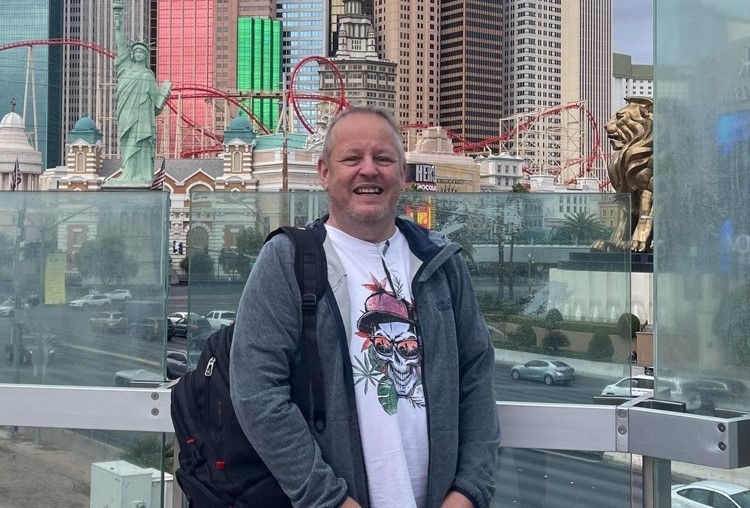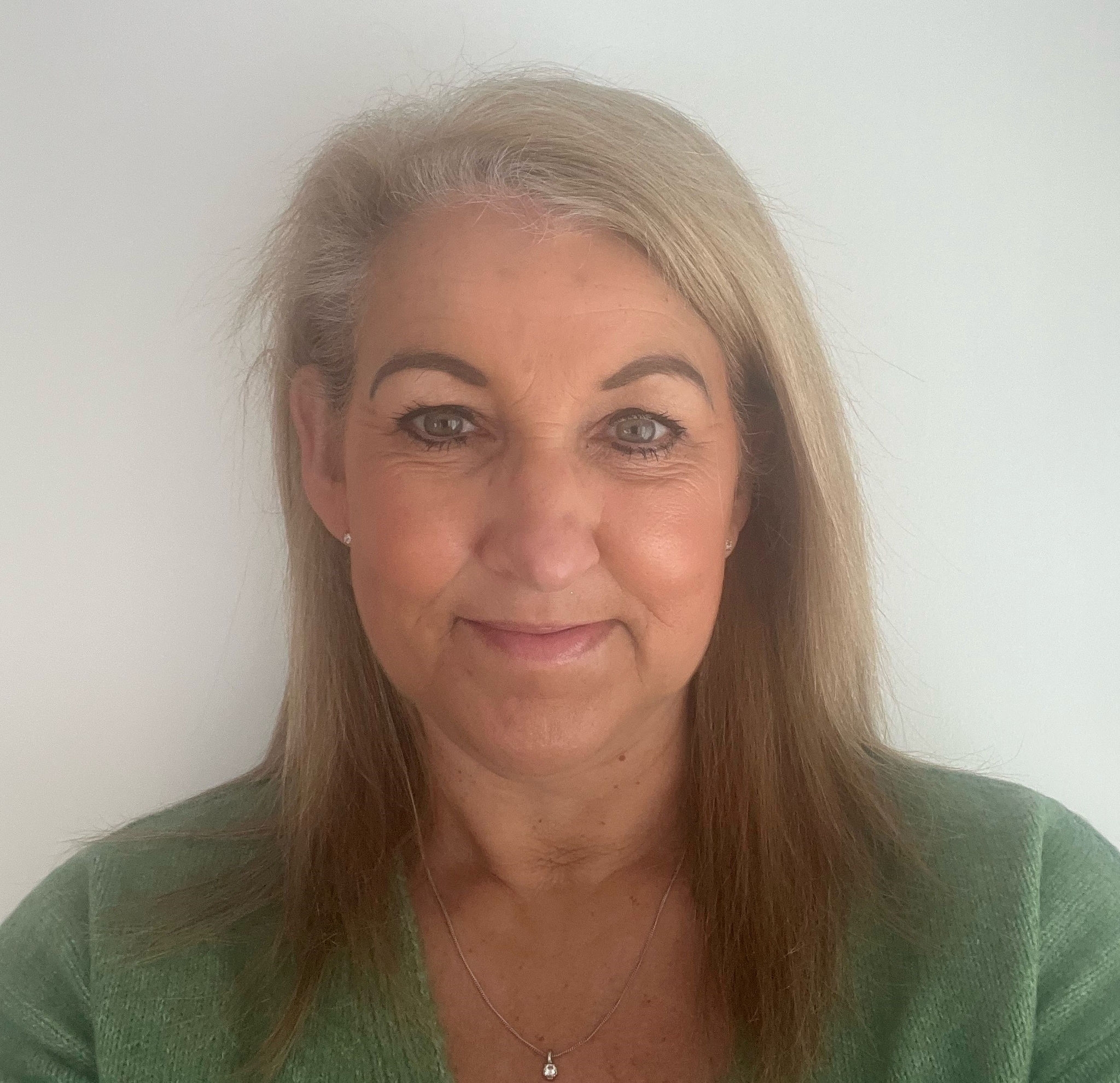Bowel cancer signs and symptoms
These days, bowel cancer can effectively be treated and is usually curable, especially if diagnosed early, so being familiar with the possible early signs of bowel cancer is really important.
Bowel cancer is the fourth most common cancer in the UK, with more than 42,000 people diagnosed with it every year. Bowel cancer is the general term used for cancer that begins in the large bowel and, depending on where it starts, it can sometimes be referred to as colon or rectal cancer. These types of cancers are much more common than cancers that begin in the small intestine or anus.
Cancers often have no clear cause, but there are things that can increase your risk of developing bowel cancer. Some of these are related to your diet and lifestyle.
Bowel cancer risk factors
- Eating lots of red or processed meat
- A low level of fibre in your diet
- Not exercising enough
- Smoking
- Drinking a high level of alcohol
There are also things related to your health that can increase your risk, including:
- Being overweight or obese
- Benign polyps (also called adenomas) in the bowel
- Certain medical conditions including familial adenomatous polyposis (FAP), Lynch syndrome (hereditary nonpolyposis colon cancer or HNPCC), ulcerative colitis and Crohn’s disease, diabetes, gallstones and acromegaly
Your age and having a family history of bowel cancer can also increase your risk.
What is the first sign of bowel cancer?
The first signs of bowel cancer may include:
- Blood in your stools
- Bleeding from your rectum
- Pain during bowel movement
- Abdominal pain
- Stomach noises
- Tiredness
- Anaemia
- Weight loss or unexplained loss of appetite
- Nausea and vomiting
- A persistent change in bowel movements
- Feeling like you've not emptied your bowels after a bowel movement
Having one or more of these does not mean that you definitely have cancer. These symptoms can be caused by other conditions, which may be less serious than cancer. But if you do have any of these symptoms, the only way to know for certain what’s causing them is by speaking to your doctor and having the appropriate tests.
Bowel cancer can sometimes lead to a blockage in the intestine by stopping waste from passing through. Symptoms of a bowel blockage can include:
- Vomiting
- Constipation
- Bloating
A blockage in the bowel is a medical emergency, so if you’re experiencing symptoms, you should call 111 as a matter of urgency and they’ll advise you on what you need to do.
How to test for bowel cancer
It’s important to be aware of the possible signs of bowel cancer and keep an eye out for any changes. If you’re worried about any signs or symptoms, or you’re concerned about any other factors that might put you at a higher risk of developing bowel cancer, you should speak to your GP. Your doctor will be able to arrange any further tests that are needed to check if you have bowel cancer.
From the age of 60, you’ll be invited to take part in the NHS bowel cancer screening programme. Screening is a way of detecting cancers early before you develop any signs or symptoms. The screening kit consists of a Faecal Immunochemical Test (FIT), which looks for any traces of blood in your faeces. The kit won’t give you an immediate result, but once sent to the laboratory for testing, if traces of blood are found, you’ll need to have further tests to help identify the cause. You’ll usually get the results from this home testing kit within two weeks of sending it back.
What tests are done for bowel cancer?
If you are experiencing signs or symptoms of possible bowel cancer, one of the first tests your GP may do is a digital rectal examination (DRE). This can help your GP identify any lumps or polyps that may need further investigation. Your GP may also arrange for a blood test to find out if you have anaemia (a low red blood cell count), as well as check your liver and kidney function, which can all help diagnose the root cause of any problems.
Does bowel cancer show up in blood tests?
A blood test can’t show whether or not you have bowel cancer, but it does help your doctor understand what is going on in your body and identify problems that need further investigation.
What happens next?
If a screening test or other stool sample shows that there is blood in your faeces, you’ll have further tests to identify the cause. The next test is usually a colonoscopy, where a thin, flexible tube with a camera is used to look inside your bowels. If a colonoscopy indicates that you have bowel cancer, further scans will be needed to determine the size of the tumour and whether it has spread. This could include a CT, MRI, ultrasound or PET-CT scan. Your doctor will explain what your diagnosis means to you and can answer any questions you have.
While a diagnosis can be a worrying time, it’s important to remember that many people have treatment with good outcomes – especially when caught early.
The benefits of private cancer care
To catch cancer early, it’s important to go to your GP if you have any symptoms or concerns that you’re worried about. By choosing to be treated privately by GenesisCare, your GP can refer you for the necessary imaging scans at one of our network of centres across the UK with appointments available in a matter of days, so you don’t have to wait.
You’ll also have access to our highly trained cancer specialists who are dedicated to the diagnosis and treatment of all types of adult cancers, including bowel cancer. Our expert teams can assess your symptoms, undertake any necessary tests or scans you need and give you the answers you’re looking for, sometimes in as little as 24 hours.
There is a wide range of treatment options for bowel cancer, including innovative treatments and technologies that are improving outcomes and reducing side effects. At GenesisCare, we offer a complete bowel cancer service incorporating many of these exciting developments, such as MR-guided stereotactic radiotherapy for advanced bowel cancer, that aren’t available on the NHS and are often covered by private medical insurance.
If you need bowel cancer treatment, you’re in the right place. You can get world-class cancer treatment without delay, and our caring teams will support you throughout.
Find out more about the bowel cancer diagnostics and treatments available at GenesisCare.
Contact us today
If you're concerned or want to know more about our services, call us on the number below.
Any concerns? Get checked
Having symptoms and waiting for tests can be a very worrying time. Remember, treatments are most successful the earlier a cancer is found, so if you’re at all concerned, don’t delay seeking medical advice.
At GenesisCare, we recognise that having a health concern can weigh heavy on your mind and you want answers fast. That’s why we offer fast and easy access to diagnostic tests and scans at many of our centres.

I know it’s not always easy but don’t be scared because if they do catch anything, the sooner they do, the easier it is to fix it. Don’t be afraid, get in there and get yourself sorted!”
Tony, GenesisCare bowel cancer patient
Tony’s story – MRIdian radiotherapy for inoperable bowel cancer
After prompting from his father, Tony went for tests and found he had a tumour in his bowel. Read more about Tony’s story and his treatment experience at GenesisCare.

Keep an eye on your bowel habits, keep a note of any subtle changes and go and get things checked.
- Davina, GenesisCare patient
